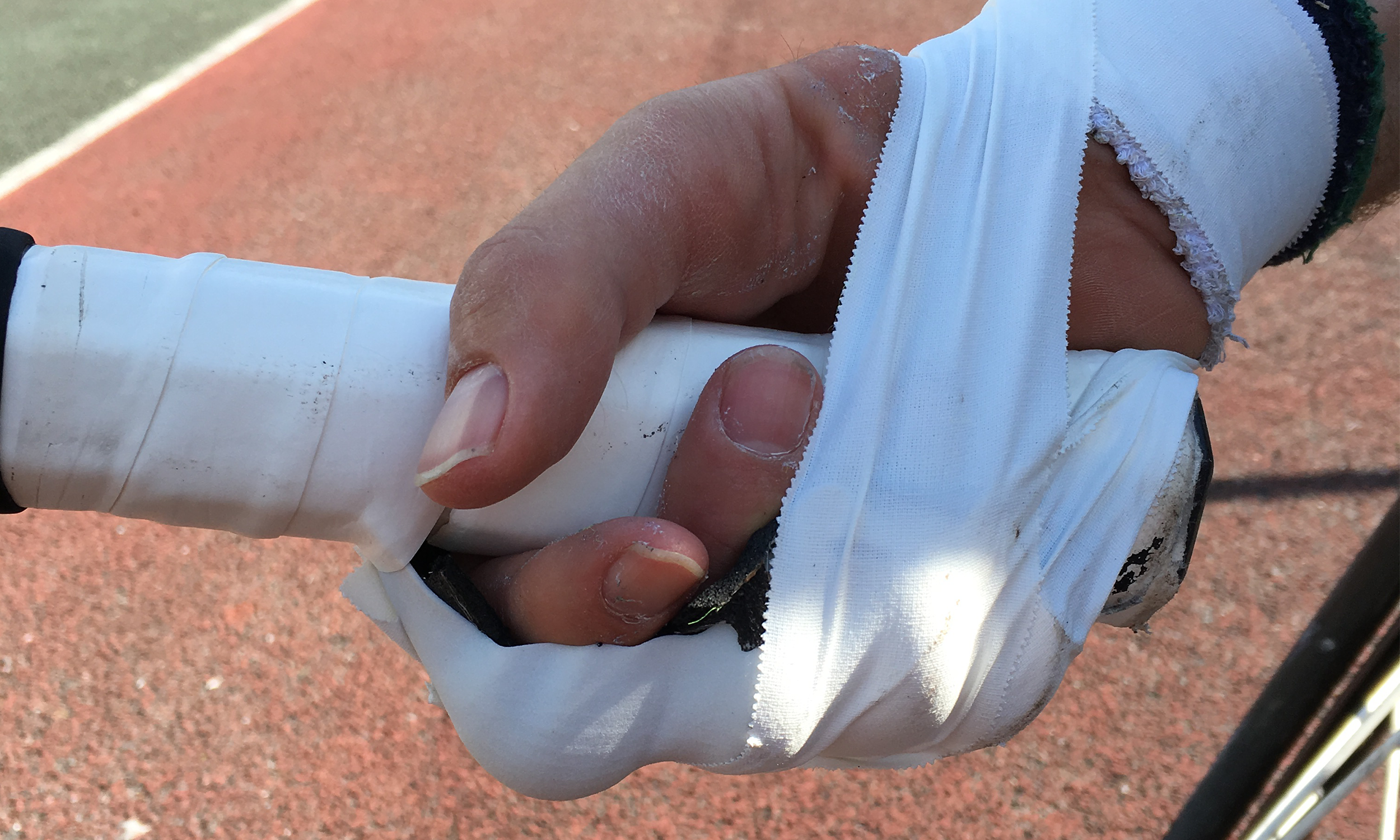
This month saw the world’s best in wheelchair tennis arrive at Loughborough University for the second year running, to battle it out for who would be crowned the NEC World Wheelchair Masters Tennis Champion. British success was secured by Alfie Hewett as he became the first Brit to win the year-end men’s singles championship at the age of 19. British victory was guaranteed, however, with an all British final against Gordon Reid.
The level of tennis in the wheelchair game has been high for a number of years now, especially in Britain with Jordanne Wiley winning the US Open in 2015, Gordon Reid winning the Australian Open, Wimbledon and the Paralympics in 2016 and Alfie Hewett winning the French Open in 2017. As a pair, Alfie and Gordon have won 2016 and 2017 Wimbledon titles as well as the Masters earlier in December. Meanwhile, Jordanne Wiley has an incredible doubles grand slam record, with only 5 of the grand slams without her name on them between the Australian Open 2014 and Wimbledon 2017!
The technology is a landscape in the game that is also changing rapidly, with advances in design and technology posing a serious threat on the integrity of the game. Controversy has surrounded frenchman, 4-time Grand Slam champion and current US Open Champion, Stephane Houdet, recently with his new chair.

Controversy surrounding 4-time Grand Slam Champion Stephane Houdet

The controversy has stemmed from the rule that states that a wheelchair tennis player must be sat in the chair. Stephane’s chair flirts dangerously close to this rule, with the ability to weight bear through his knees there are questions raised as to whether he is able to gain a significant advantage.
This is the type of challenge facing many sports, and is a problem that many governing bodies are having to tackle. Progressive Sports have been working with the Tennis Foundation and Anthony Cotterill in developing a handle to help him grip the racket. Anthony qualified for the Wheelchair Masters this year in the Quad division and won the doubles Masters title in 2016 with Andrew Lapthorne. Anthony’s inability to grip a racket means that he has to tape the racket to his hand, resulting in copious amounts of tape being used and discomfort caused as a result of the tape stretching.
Progressive have worked with him to identify the key requirements for Anthony to grip a racket. This project is now entering the final phases of prototype development with 3D printing and functional testing and will enter the wear testing phase in the New Year. The goal is to have a comfortable, reliable method for Anthony to grip the racket, which will remove distractions of pain from Anthony’s interaction with the racket and offering an opportunity to improve performances.
ENQUIRY
FORM

